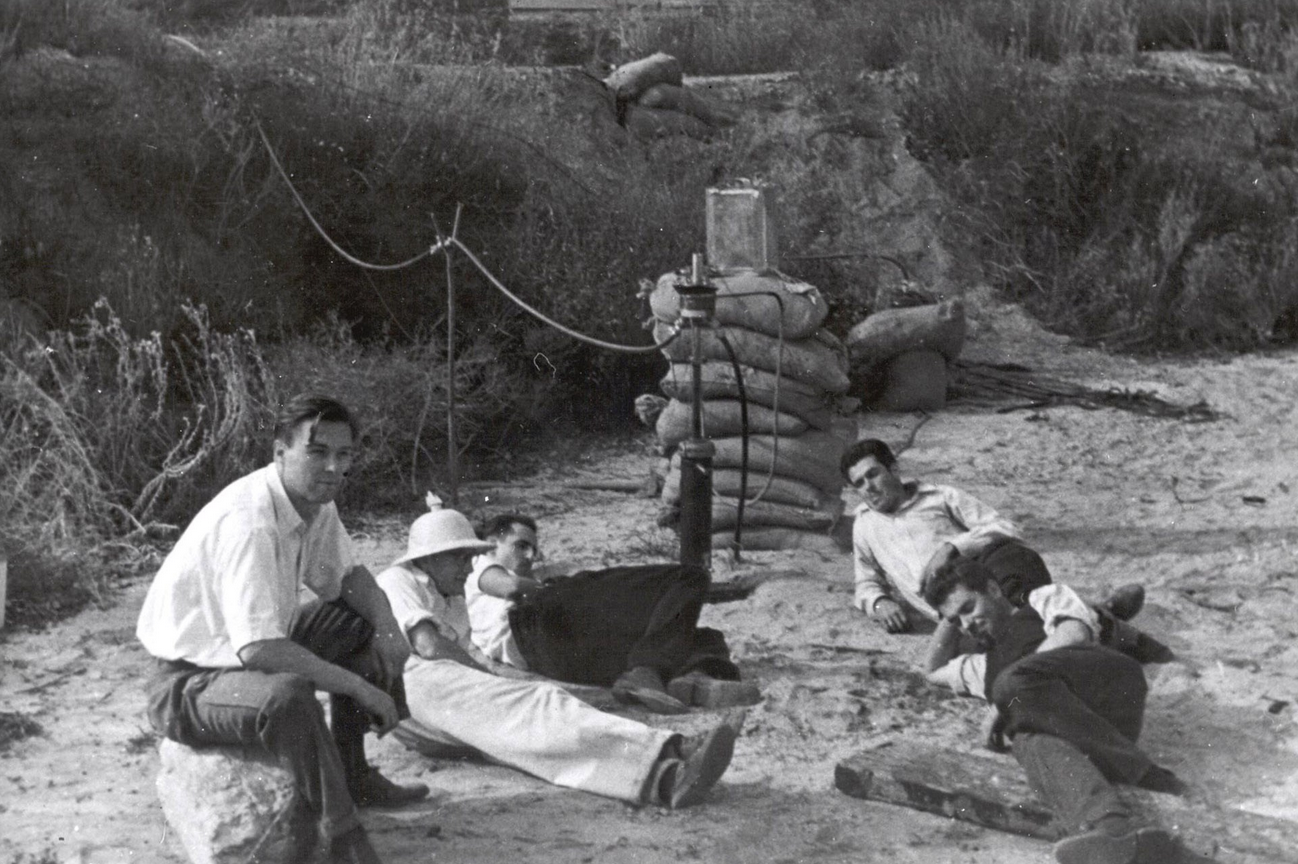
Here’s one of the more ironic passages I’ve read in my life:
Sir Isaac Newton’s accomplishments border on the uncanny, as does his image in the world of science. As the historian Mordechai Feingold has written, “With time, the historical Newton receded into the background, overshadowed by the very legacy he helped create. Newton thus metamorphosed into science personified.” So what is that legacy? What were those accomplishments? Here, familiarize yourself with Newton’s greatest contributions.
Here’s the irony of this quote (which comes from the PBS show NOVA): Feingold was talking about the way Isaac Newton as a human being has been lost to history because his image has been co-opted as a poster child for science. Getting back to the real Isaac Newton would entail rescuing his humanity. Such as, perhaps, his devout and sometimes odd religious views. He was, by the standards of his day, a heretic. He is, by the standards of our day, an occultist.
There is no grand conspiracy to hide the truth, and it’s out there if you take a look, but there’s a definite reluctance on the part of modern intellectuals to embarrass one of the titans of the tradition. Newton has become in a real way a kind of sacred cow. He represents, as NOVA put, science itself.[ref]It’s instructive to contrast the way that Newton’s legacy is treated with laboratory care with the revisionist callousness to the legacy of the Founding Fathers. Nobody wants to blemish Newton, but taking down Jefferson or Franklin or others is the intellectuals version of big-game hunting.[/ref] So it would be really rather awkward for everyone if folks were made aware of the extent to which he wrote about his very literal interpretation of the Biblical text. This is part of how science preserves its reputation today: by controlling the narrative.
So here’s another, more recent example: Jack Parsons. Never heard of him? That’s kind of the point. And yet he was a founding father of rocket science in general and of the famous Jet Propulsion Laboratory in particular (it was jokingly referred to as the Jack Parsons Laboratory for a while). So what happened to Parsons? Well, he had some really weird occult beliefs, for one thing, and a penchant for orgies for another. In his own lifetime this led to his fall from grace (because the US government didn’t like sexual occultists in the 1950s any more than they liked communists) and since then his legacy has been borrowed.
Not because there’s a secret Star Chamber out there controlling our history books, but for the much more prosaic but even more effective reason that nobody really wants to embarrass the modern narrative of bold, rational, scientific progress. And so it is, from Galileo to Newton to Parson, that what we think we know about the history of science and the actual history of science diverge radically.
1 thought on “Protecting the Reputation of Science from Scientists”
Comments are closed.